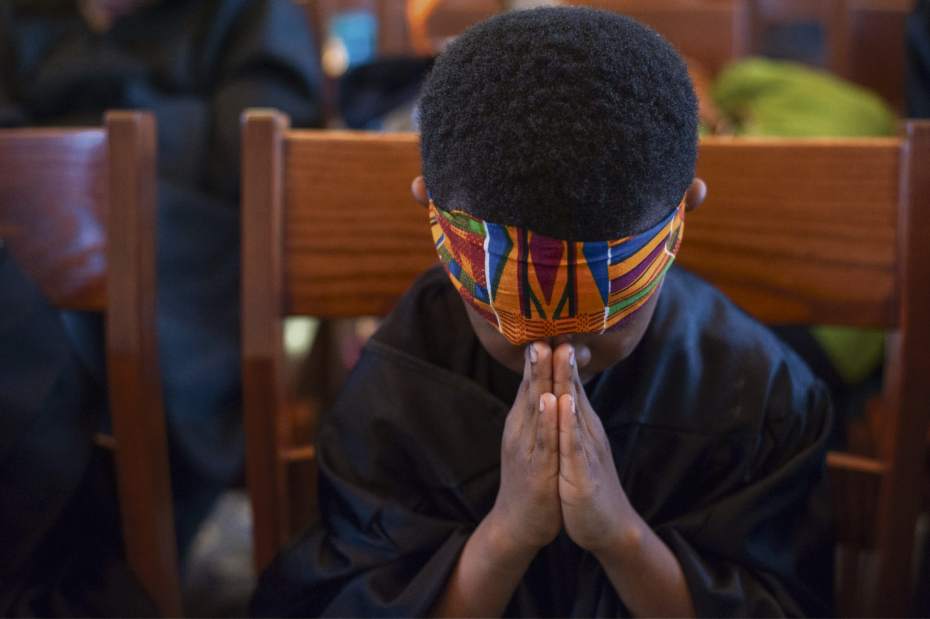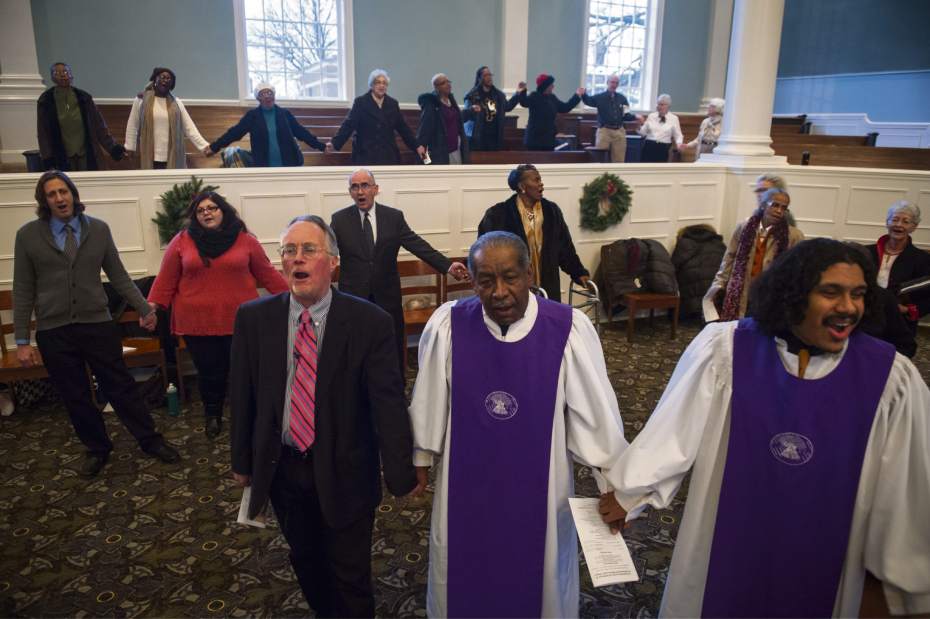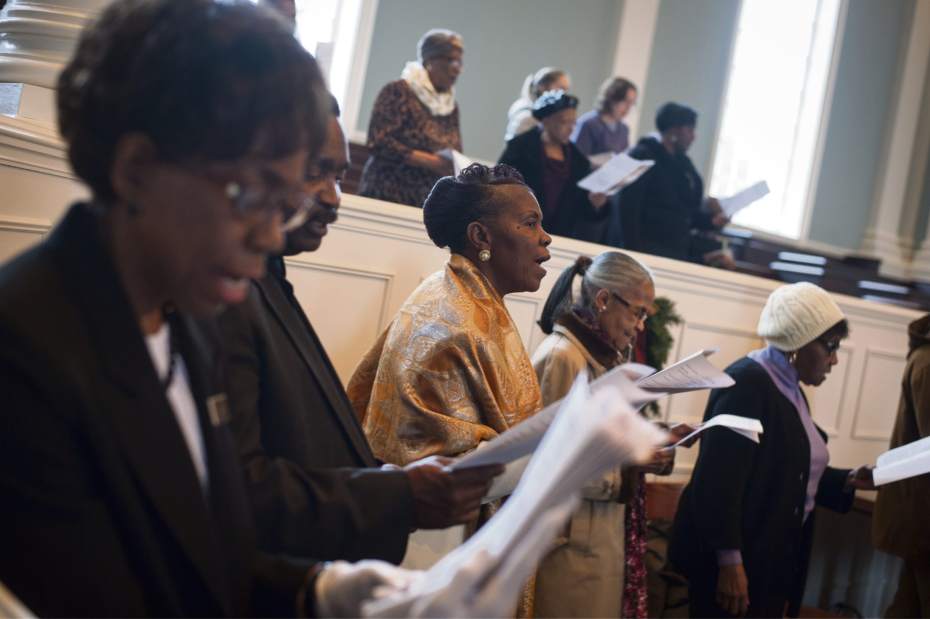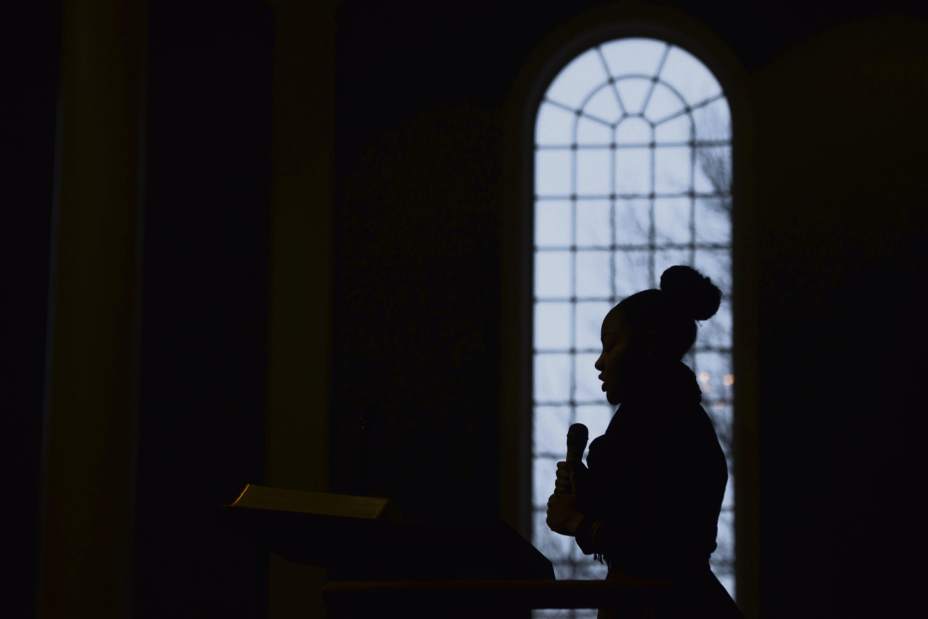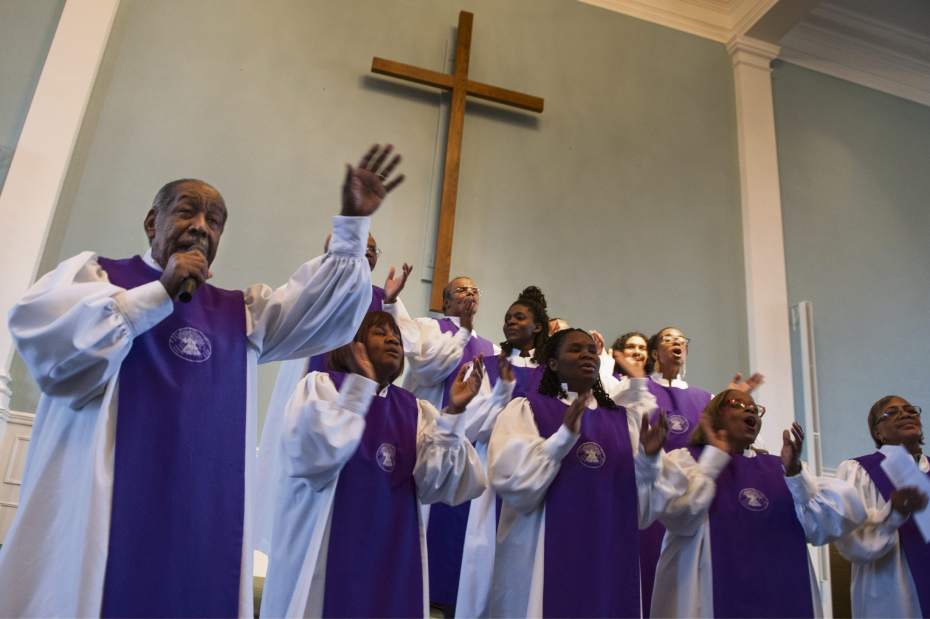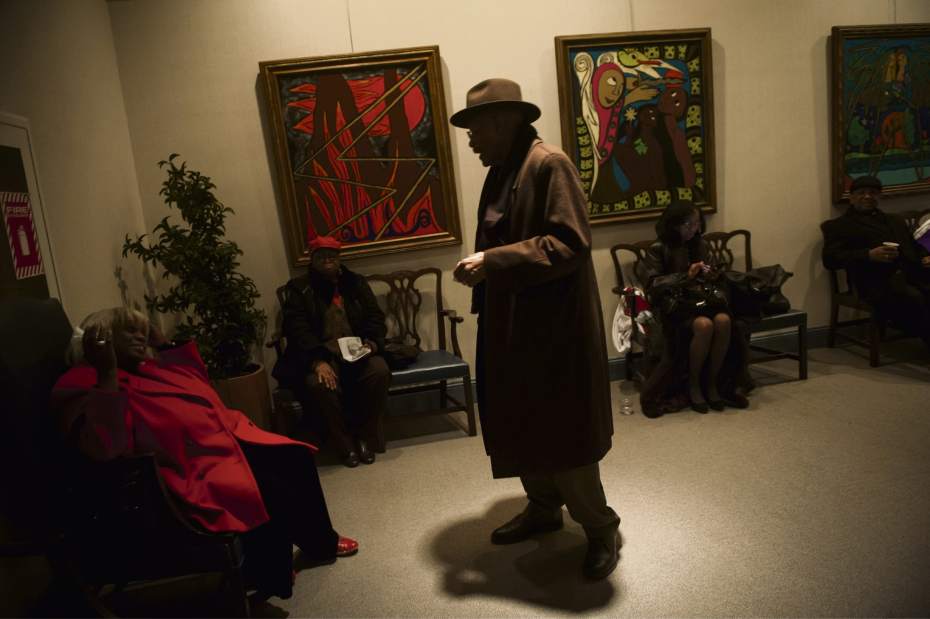Pittsburgh celebrates Martin Luther King Jr.'s legacy
If Martin Luther King Jr. were alive today, he would rail against “the tragedy of gun violence” that continues to roil the United States, David Garrow, King's Pulitzer Prize-winning biographer, said Sunday.
King, an influential civil rights leader who promoted nonviolence, was fatally shot April 4, 1968, in Memphis.
“When people ask me what Dr. King would be doing if he would be with us today, the No. 1 thing I cite is he would be campaigning relentlessly day after day to get guns off our streets,” said Garrow, keynote speaker at the 32nd annual Martin Luther King Day celebration at the Pittsburgh Theological Seminary in East Liberty.
The seminary and the East End Cooperative Ministry collaborate each year on an interfaith service to celebrate King's legacy.
Martin Luther King Day is observed on the third Monday of January, near King's birthday of Jan. 15. It was first observed in 1986.
When King organized the Montgomery, Ala., bus boycott in 1955, “he had no desire whatsoever to be a public figure or to be a celebrity,” said Garrow, a law professor and civil rights historian at the University of Pittsburgh who won a Pulitzer for his 1987 book, “Bearing the Cross: Martin Luther King, Jr., and the Southern Christian Leadership Conference.”
As the civil rights movement grew, King felt called to “give of himself in a self-sacrificing way in this public leadership role even if he was not enjoying it,” Garrow said.
There was “a feeling that God had spoken to him and told him that this is the task, this is the obligation he must take up, even if he doesn't want to,” he added.
About 75 people gathered in the seminary's sanctuary for Sunday's celebration, which included readings from the New Testament, the Quran and the Hebrew Bible.
The Rev. Jim Currie, pastor of First Presbyterian Church in Pasadena, Texas, sat near the back holding a copy of Garrow's biography of King. He was visiting the seminary for a weekend spirituality formation program.
Currie, 64, said the Martin Luther King Day celebration was “educational.”
“It's not enough for us to talk about it. We actually need to be a part of it and show our support for the civil rights movement and racial harmony,” he said.
In his most famous speech — “I Have a Dream” — King calls for an end to racism. That message still resonates today, said Helen Blier, Pittsburgh Theological Seminary's director of continuing education.
“The very fact of us being here in this space speaks to the commitment each of you has to seeing the beloved community become a reality. And we can't lose sight of that. Bearing witness is part of the revolution,” she said.
“So let's make friends, and let's take the next step.”
Tony Raap is a Tribune-Review staff writer. Reach him at 412-320-7827 or traap@tribweb.com.

